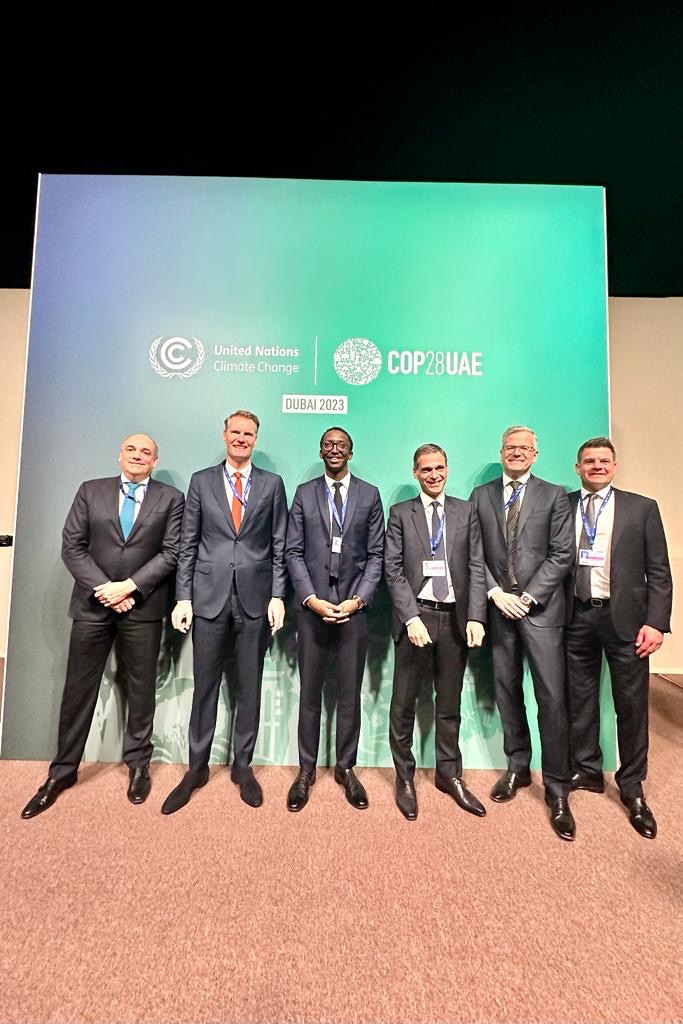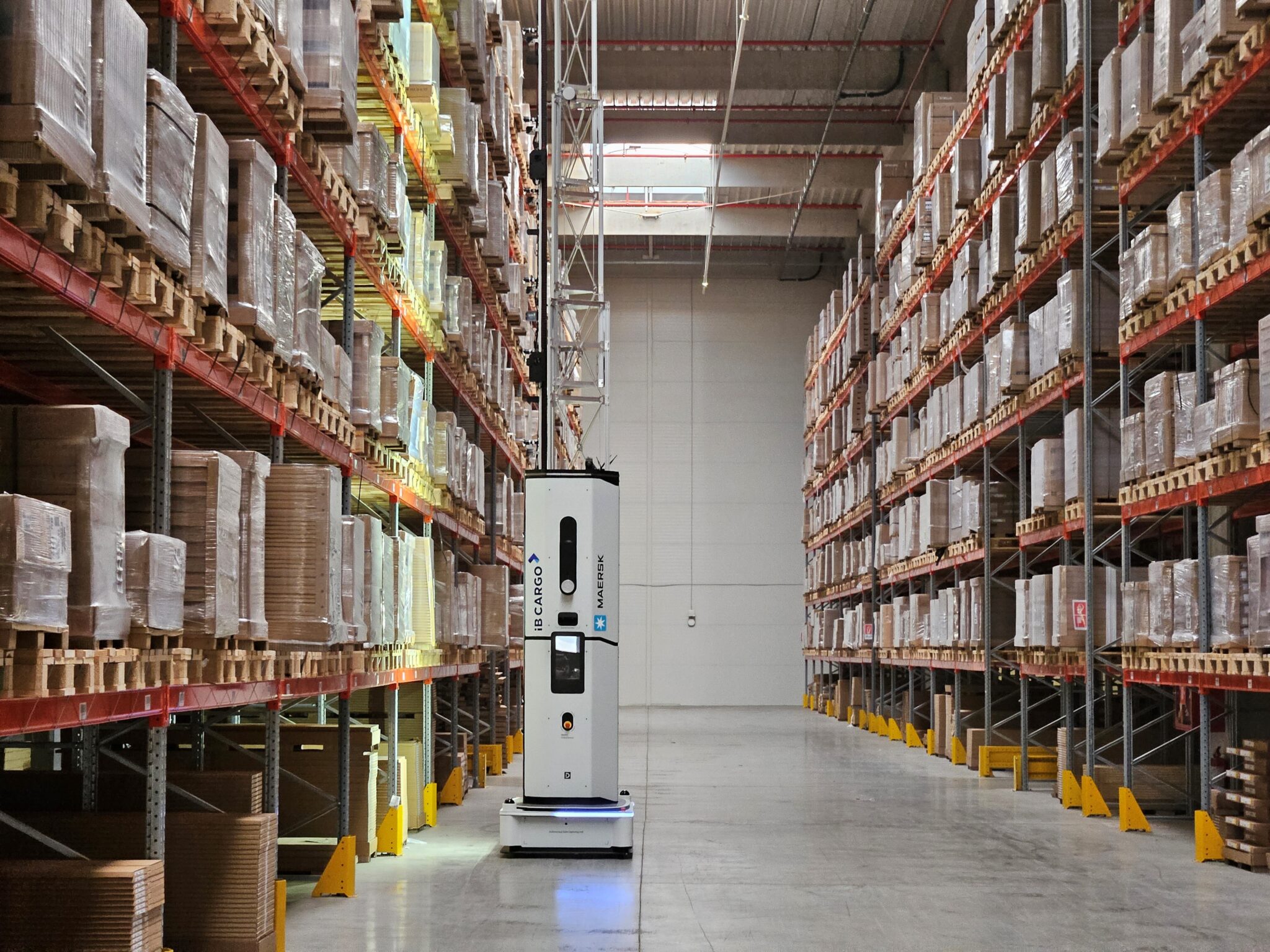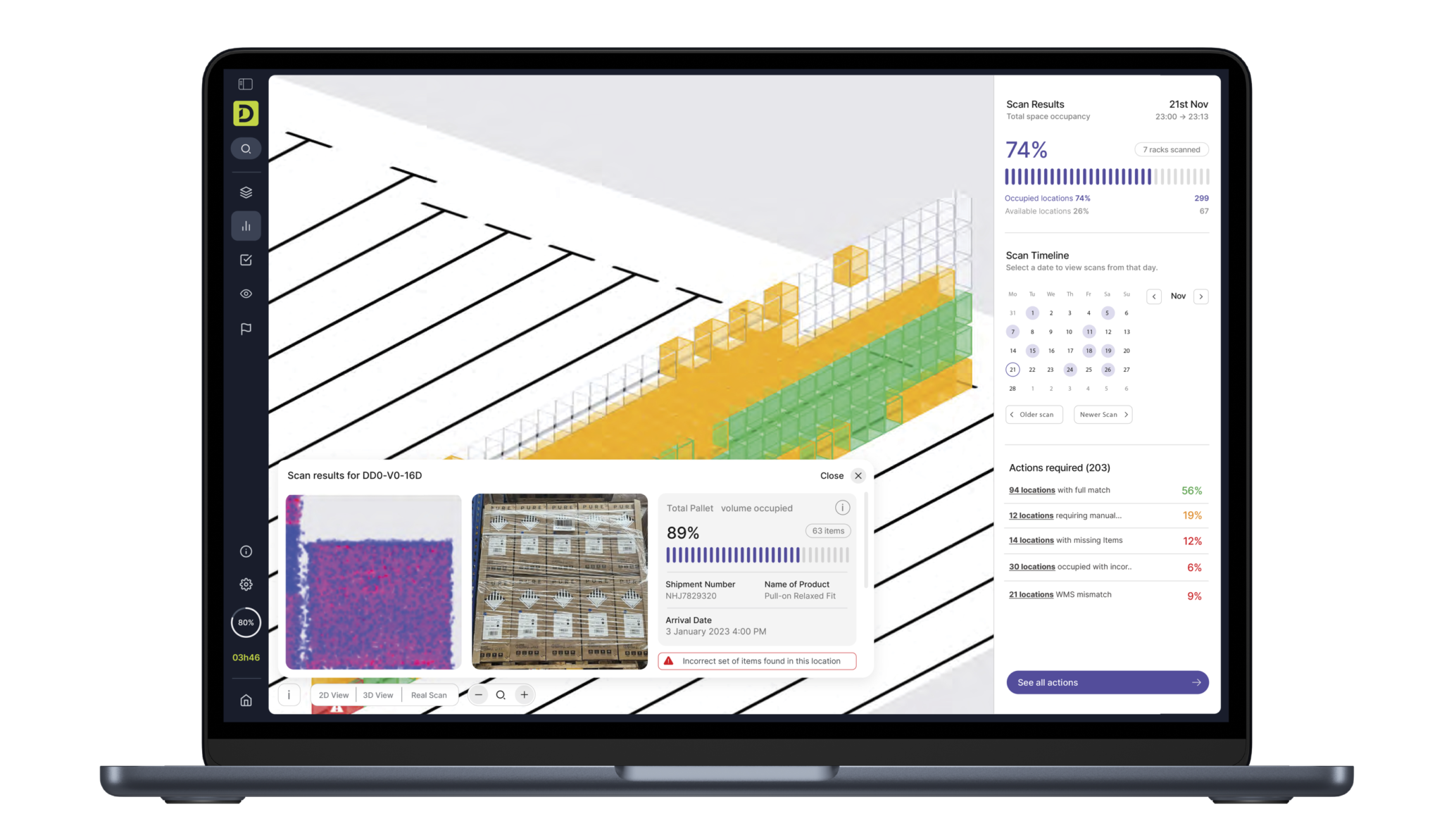The CEOs of leading global shipping lines have issued a joint declaration at COP 28 calling for an end date for fossil-only powered newbuilds and urging the International Maritime Organization (IMO), the global regulator, to create the regulatory conditions to accelerate the transition to green fuels and maritime decarbonization.
Global temperatures are breaching critical levels, creating more frequent and devasting results. Therefore the importance of shipping achieving IMO’s 2030, 2040, and net-zero 2050 greenhouse gas (GHG) targets is very clear. The only realistic way to meet those targets for an industry that accounts for 2-3% of global GHG emissions is to transition from fossil to green fuels at scale and at pace.
Being at the forefront of introducing lower greenhouse gas (GHG) emission ships underscores the CEOs’ commitment to the IMO GHG reduction objectives for 2030, 2040, and 2050. As frontrunners, the CEOs are convinced that even closer collaboration with IMO regulators will produce the effective and concrete policy measures needed to underpin the investment within maritime shipping and its ancillary industries that will enable decarbonisation to occur at the pace required.
Their joint declaration calls for the establishment of four regulatory ‘cornerstones’:
An end date for new building of fossil fuel-only vessels and a clear GHG Intensity Standard timeline to inspire investment confidence, both for new ships and the fuel supply infrastructure needed to accelerate the energy transition.
An effective GHG pricing mechanism to make green fuel competitive with black fuel during the transition phase when both are used. This can be done by distributing the premium for the green fuels across all the fossil fuel used. With low initial volumes of green fuels any inflationary effects are minimised. The mechanism must also feature an increasing regulatory incentive to achieve deeper emissions reductions. Furthermore, beyond covering the ‘green balance fee’, revenue generated by the mechanism should go to an RD&D fund and to investments in developing countries to ensure a just transition that leaves no one behind.
A vessel pooling option for GHG regulatory compliance where the performance of a group of vessels could count instead of only that of individual ships, ensuring investments are made where they achieve the greatest GHG reduction and thereby accelerating decarbonisation across the global fleet.
A Well-to-Wake or lifecycle GHG regulatory basis to align investment decisions with climate interests and mitigate the risk of stranded assets.
In a unprecedent action, major players of the shipping industry express their shared conviction that regulation can play a key role in mitigating the cost of the green transition as well as the risk of extreme weather events. Given the cost of climate change is far greater than the cost of the green transition they look forward to being joined by other companies.
Rodolphe Saadé, Chairman and Chief Executive Officer of the CMA CGM Group, said, “Climate change is a general concern not a matter of competition. The CMA CGM Group is extremely pleased to join this unique Coalition, which brings together leading shipping companies to urge to the adoption of the upper targets of the IMO trajectory. This sets an ambitious milestone for the decarbonization of our industry. By collaborating with others, we each take a new step in our energy transition, while ensuring a collective level playing field and access to greener fuels for the industry.
“This new commitment is fully in line with the CMA CGM Group’s ambition to be Net Zero by 2050. We have already invested close to $15 billion in decarbonizing our fleet, which will enable us to have almost 120 vessels capable of being powered by decarbonized fuels by 2028. Pioneer in LNG as a transition energy, our Group has also launched several large industrial partnerships to diversify our sourcing with even more decarbonized fuels. In 2023, the CMA CGM Group will reduce its CO2 emissions by around -1 million tons.
“Alongside the members of this coalition and all those who will join us afterwards, the CMA CGM Group pursues its decarbonization journey and renews its commitment to a shared and sustainable future.”
Vincent Clerc, Chief Executive Officer of A.P. Moller – Maersk, said, “A.P. Moller – Maersk wants to accelerate the green transition in shipping and logistics and a crucial next step is to introduce regulatory conditions which ensure that we create the most greenhouse gas emission reductions per invested dollar. This includes an efficient pricing mechanism to close the gap between fossil and green fuels and ensuring that the green choice is easier to make for our customers and consumers globally. The momentum for green fuel is building and we are pleased to see strong partnerships across the industry as we continue our joint efforts of making decarbonisation in shipping successful.”
Rolf Habben Jansen, Chief Executive Officer of Hapag-Lloyd, commented, “Our collective responsibility for a sustainable future and clean practices is paramount. At Hapag-Lloyd, we reaffirm our commitment to advance the decarbonization of the maritime industry and strive to be at the forefront of the energy transition. We believe that a regulatory framework and clear targets are crucial to accelerating the introduction of alternative fuels and reducing our carbon footprint. This commitment is in line with Hapag-Lloyd‘s goal of achieving a net-zero carbon fleet by 2045 and reflects our industry’s unwavering commitment to environmental responsibility.”
Soren Toft, Chief Executive Officer of MSC Mediterranean Shipping Company, added, “Shipping is at the forefront of technological innovation when it comes to decarbonization and at MSC our fleet renewal strategy includes 100 dual fuel vessels. We are proud to be part of this unprecedented collaboration with our peers and it is only right that together we follow this path towards net zero that we must achieve by 2050. The support of Governments across the world will be an essential element to reach our common goal and among those efforts we want to see an end to delivery of ships that can only run on fossil fuels. MSC has fully supported and committed to net decarbonization by 2050 but without the full support from other stakeholders particularly energy providers it will be extremely difficult to meet those objectives – no one can do this alone. Today it feels like we are one step closer in this regard, but concrete supply of alternative fuels and globally recognised GHG pricing are essential to achieve our goals.”
Lasse Kristoffersen, President and Chief Executive Officer of Wallenius Wilhelmsen, said, “At Wallenius Wilhelmsen we have decided to be a shaper of the journey to net-zero and focus our investments in supporting this ambition. Our customers want to partner with us on the voyage. Now, we need a global regulatory framework matching this ambition to drive the investments needed at a global scale.”











